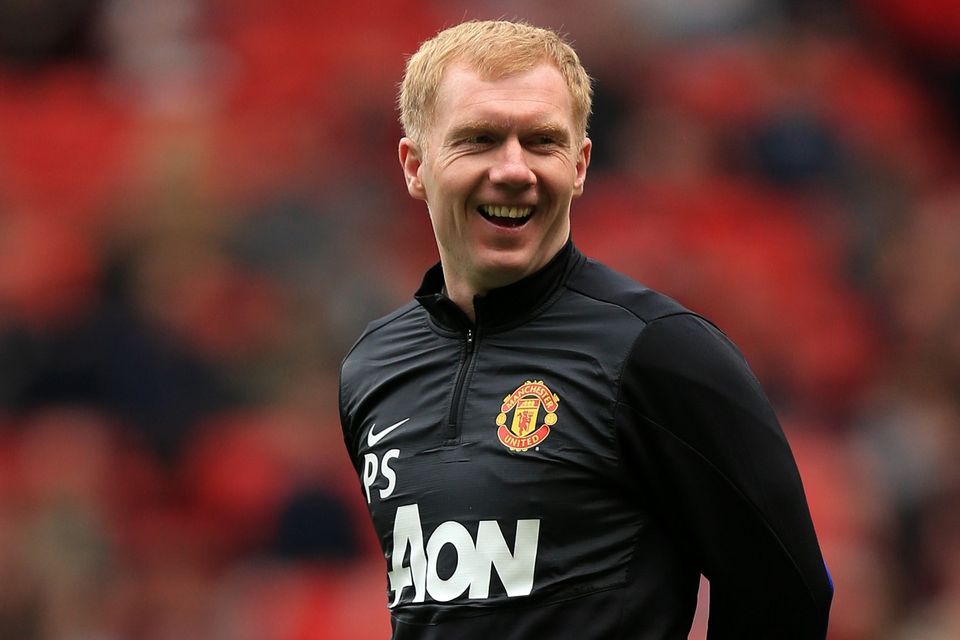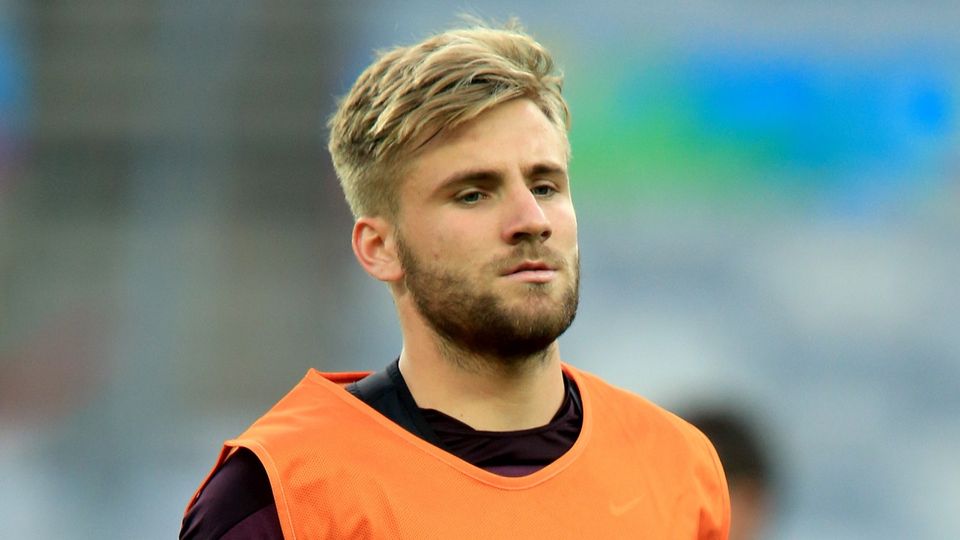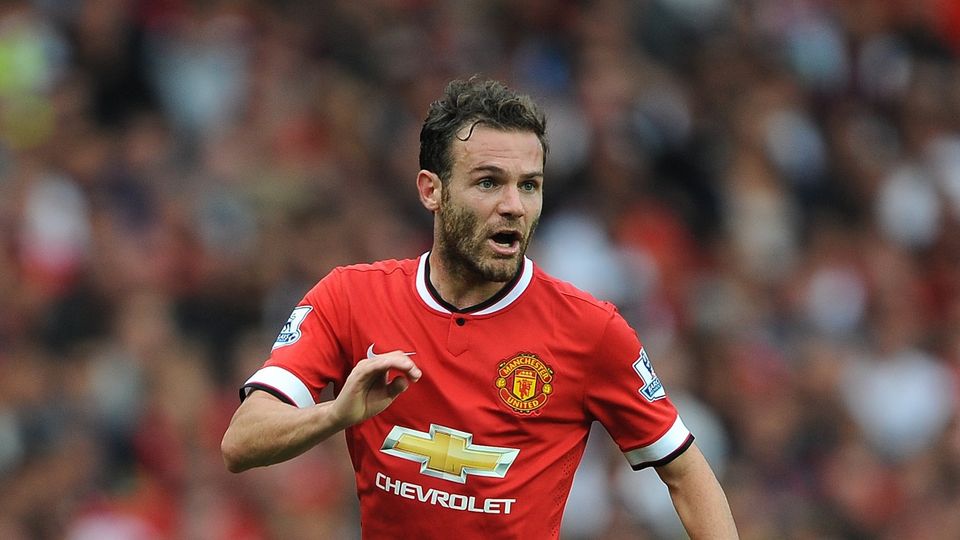Scholes: U-21 international football needs to be taken seriously
Paul Scholes could be involved behind the scenes at Old Trafford next season
I did not win a single England Under-21s cap.
The competition in those days was intense. I was a late developer, and by the time I was a regular in the Manchester United team, Dave Sexton, then the Under-21s coach, already had a strong squad in place.
It is interesting to look back at my contemporaries from that era who played for England Under-21s in the mid-1990s. I was a striker in those days and the strikers around my age who excelled in their younger years included the likes of Robbie Fowler, Julian Joachim, Noel Whelan, Neil Shipperley, Andy Booth and Bruce Dyer.
In midfield were talented players like Chris Bart-Williams, Jamie Redknapp and Trevor Sinclair – the latter considered an outstanding player at that age.
Eventually, my United team-mates Nicky Butt and David Beckham broke into the Under-21s. I had picked up caps at Under-18 level and then in the end was called up to the senior team for my first cap at the age of 22. I never made it to the Under-21s.
As I was finding my feet in the reserves at United, and eventually the first team, there were so many good young players around eligible for the Under-21s who were playing regular first-team football for their clubs.
It is no wonder that England teams won the end-of-season Toulon tournament, then for Under-21s, four out of five years between 1990 and 1994.
Had I been called up to go, there would have been no hesitation on my part. In our world at United, as we made those final steps from apprentices to young professionals, playing for the Under-21s was considered a major achievement.
I have to agree with Stuart Pearce when he says that Gareth Southgate, his successor as coach of the Under-21s, should be given free rein to select whoever he wants for the European Championship next summer. First, England have to win their play-off with Croatia, starting with the first leg at Molineux this evening, but once there it has to be the best team possible.
As a football country, England need to take this tournament seriously. If you don’t take your best players, you might as well not go at all.
Luke Shaw was given his own training programme during his new club's tour of the USA
A great example of a player who would benefit from playing in the Under-21s is Luke Shaw, who is in Southgate’s squad for Friday’s game. Shaw’s United career has not got going yet, but if he fulfils his potential he could be the left-back at the club for the next 12 years and with England, too.
He would benefit in a big way from playing at another tournament, possibly even winning this one. To his credit, Shaw has said he wants to play next June, provided England qualify, and I hope United encourage him.
There are too many young players who, having made a senior debut, see a move to the Under-21s as a demotion. In many ways, the game in this country is to blame for them having that attitude.
The Under-21s are not a B team and should not be regarded as such. They are the best players of that generation, give or take the odd very rapid developer like Wayne Rooney or Michael Owen.
The decline in the standing of the Under-21s has come partly as a result of the speed with which we promote young English players to the senior team as soon as they make an impact in the Premier League.
Calum Chambers is a prime example. He went from the Under-19s to the senior team. Then he was in the Under-21s squad this week until the injury to John Stones meant that he returned to the seniors.
I have no reason to doubt that Chambers would have taken the Under-21s seriously. But if any player needs a reminder, they only have to look as far as Juan Mata. He was part of the Spain squad that won the World Cup in 2010 in South Africa and then went back to the Under-21s the following summer and won the European Championship.
Manchester United's Juan Mata has apologised to the fans following their defeat at Leicester
If it is good enough for Mata, why not English lads, too? Should Southgate’s team make it to the tournament, I would advocate taking Raheem Sterling and Jack Wilshere to the tournament next summer, even though they are well-established in the senior team.
That argument is always met with the response that adding players from the seniors would short-change the players who got England there in the first place (although Sterling has played in the Under-21s qualifying games).
My answer would be: does the Football Association want to win something? If the answer is “Yes”, then it is time to be ruthless about getting the best team on the pitch.
Playing for the Under-21s should not be regarded by bright young players as a punishment. It should be a key part of the start of their careers, and the foundation. It should be a big deal, as it still was when I was in my late teens and early 20s.
In order to change that, it needs to be demonstrated that this level of football is relevant and exciting.
To achieve that, there seem to be few better places to start than by winning the European Championship in the last two weeks of June with the best team available.
Paul Scholes writes an exclusive column for The Independent

















